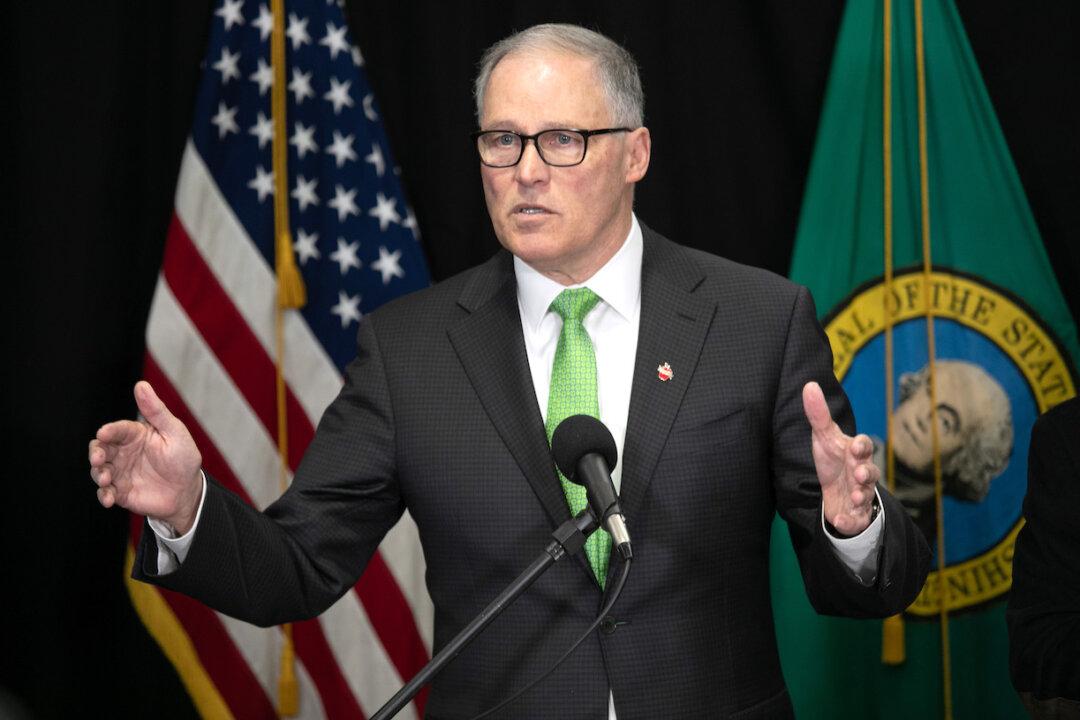Washington Gov. Jay Inslee has signed into law a bill that incorporates the doctrine of “equity, cultural competency, and dismantling institutional racism” into the training for all K–12 educators across the state.
Under Senate Bill 5044 (pdf)—which passed the state legislature in April—school districts in Washington must use one of three professional learning days to specifically train all staff in the topics of “cultural competency, diversity, equity, or inclusion.”





